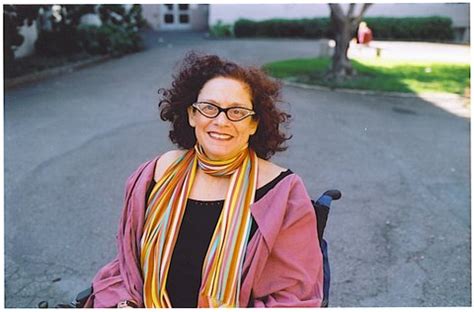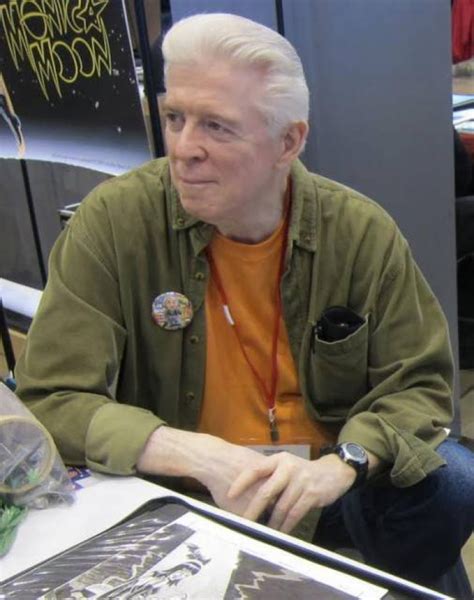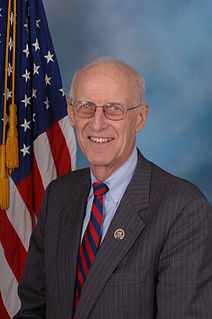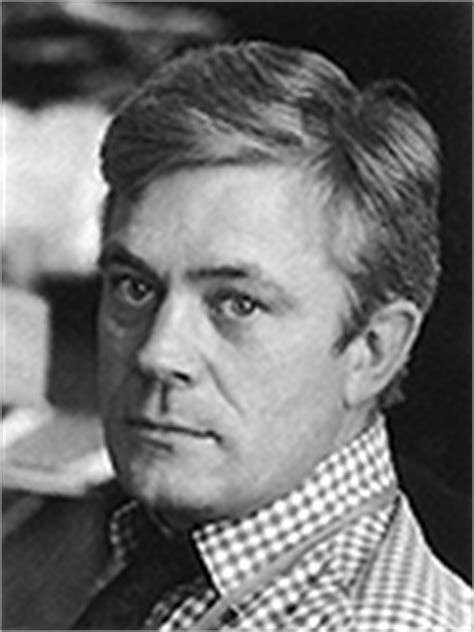A Quote by Graydon Carter
Many of the architects of the Vietnam War became near pariahs as they spent the remainder of their lives in the futile quest to explain away their decisions at the time.
Related Quotes
Most of us who were opposed to the war, especially in the early '60's - the war we were opposed to was the war on South Vietnam which destroyed South Vietnam's rural society. The South was devastated. But now anyone who opposed this atrocity is regarded as having defended North Vietnam. And that's part of the effort to present the war as if it were a war between South Vietnam and North Vietnam with the United States helping the South. Of course it's fabrication. But it's "official truth" now.
World War II made war reputable because it was a just war. I wouldn't have missed it for anything. You know how many other just wars there have been? Not many. And the guys I served with became my brothers. If it weren't for World War II, I'd now be the garden editor of The Indianapolis Star. I wouldn't have moved away.
Our lives can be considered a sacred quest. It is a quest which may have begun in this lifetime or many lifetimes before. It is a quest to find ourselves: who and what we really are. To do this we must first cease to pretend to be what we are not. We must cast away our Persona or mask. We must be prepared to confront the Shadow, that which we are and rather were not. Only then can we unify our conscious and unconscious minds and so give birth to the hidden Sun - the Self.
I think that the war on drugs is domestic Vietnam. And didn't we learn from Vietnam that, at a certain point in the war, we should stop and rethink our strategy, ask ``Why are we here, what are we doing, what's succeeded, what's failed?'' And we ought to do that with the domestic Vietnam, which is the war on drugs.
When it comes to the war in Iraq, the time for promises and assurances for waiting and for patience is over. Too many lives have been lost, too many billions of dollars have been spent for us to trust the president on another tired and failed policy that's opposed by generals and experts, Democrats and Republicans, Americans and many of the Iraqis themselves.
With 450,000 U. S. troops now in Vietnam, it is time that Congress decided whether or not to declare a state of war exists with North Vietnam. Previous congressional resolutions of support provide only limited authority. Although Congress may decide that the previously approved resolution on Vietnam given President Johnson is sufficient, the issue of a declaration of war should at least be put before the Congress for decision.
Possibly my hatred of war blinds me so that I cannot comprehend the arguments they adduce. But, in my opinion, there is no such thing as a preventive war. Although this suggestion is repeatedly made, none has yet explained how war prevents war. Worse than this, no one has been able to explain away the fact that war creates the conditions that beget war.
For educated Americans like Joseph Ellis, Vietnam is a special hang-up. I am an Englishman of exactly the Vietnam generation, a couple of years younger than Ellis; indeed, for reasons too complicated to explain here, I was nearly drafted into the US army in 1965. I know many Americans of my own age and, as much to the point, my own class - journalists, publishers, lawyers. And I don't think I know one who served in Vietnam.































